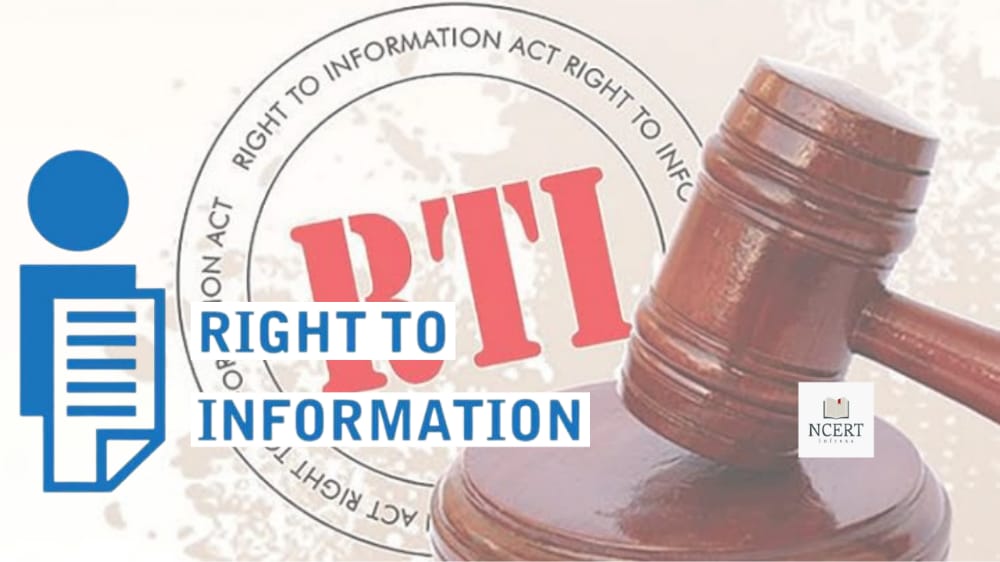RTI Surprise: MP Man Receives 40,000-Page Reply, Documents Filled His Car

RTI Surprise: MP Man Receives 40,000-Page Reply, Documents Filled His Car
The incident of a man receiving a 40,000-page reply to his Right to Information Act (RTI) plea in Indore, Madhya Pradesh, has attracted attention due to its bizarre nature. Dharmendra Shukla, the petitioner, was shocked to find that the documents he requested were so voluminous that they filled his entire car on Saturday.
According to reports, Shukla’s RTI plea was directed to the Chief Medical and Health Officer (CMHO) of Indore. He sought details about tenders and bill payments related to the procurement of medicines, equipment, and other materials during the Covid-19 period.
As per the RTI Act in India, public authorities are required to respond to RTI pleas within a month. However, in this case, Shukla did not receive a response within the stipulated timeframe, and therefore, he was not required to pay the usual ₹2 per page for the information he requested.

While the incident is peculiar and has raised eyebrows, it also sheds light on the importance of transparency and accountability in government processes. The RTI Act empowers citizens to access information held by public authorities, promoting greater transparency and enabling citizens to be informed about government actions.
In this case, the sheer volume of documents provided to the petitioner highlights the need for streamlining information dissemination processes. Ensuring that responses to RTI pleas are provided in a concise and organized manner would not only save resources but also make it easier for citizens to access the information they seek.
It remains to be seen how this incident will impact future RTI applications and whether it will prompt authorities to adopt more efficient ways of responding to information requests. In the meantime, the bizarre episode serves as a reminder of the power of citizen engagement in holding public authorities accountable and promoting transparency in governance.
It is commendable that Dharmendra Shukla took proactive steps to seek recourse when he did not receive the information within the stipulated one-month period for his Right to Information Act (RTI) plea. When he did not get a response in the given timeframe, he approached the first appellate officer to appeal the matter.

The first appellate officer recognized the validity of Shukla’s plea and accepted his appeal. As a result, the officer ordered the relevant authorities to provide the required information free of cost. This decision aligns with the provisions of the RTI Act, which mandates that public authorities respond to RTI pleas within a specific time frame and ensure that information is made available to citizens at a reasonable cost.
The role of the first appellate officer is crucial in the RTI process, as they act as a higher authority to review the initial decision made by the public information officer (PIO) or the designated authority. If an applicant is dissatisfied with the response or lack of response from the PIO, they have the right to file an appeal with the first appellate officer.
By seeking recourse through the appellate process, citizens like Dharmendra Shukla can have their concerns addressed and ensure that their right to access information is upheld. The first appellate officer’s decision to order the provision of the required information free of cost emphasizes the significance of transparency and accountability in governance.
This incident serves as an example of the RTI Act’s effectiveness in empowering citizens to seek information from public authorities and hold them accountable for their actions. It also underscores the importance of administrative efficiency in responding to RTI pleas promptly and providing information in a manner that is accessible and cost-effective for citizens.

The incident of Dharmendra Shukla receiving a massive 40,000-page reply to his Right to Information Act (RTI) plea in Indore, Madhya Pradesh, continues to raise eyebrows. Shukla stated that he had to use his SUV car to transport the documents, and the entire vehicle was packed with the papers, leaving only the driver’s seat free.
In response to the delay in providing the information within the stipulated timeframe, the appellate officer and Regional Joint Director of the state health department, Dr. Sharad Gupta, took action. He directed the Chief Medical and Health Officer (CMHO) to hold the official responsible for not providing the information in a timely manner. As a consequence of the delay, the state exchequer lost ₹80,000 since the information had to be provided to Shukla free of cost.
This incident highlights the significance of adhering to the timelines set by the RTI Act in responding to information requests from citizens. Timely responses not only promote transparency and accountability but also prevent unnecessary resource expenditures for both the authorities and the applicants.
The action taken against the official emphasizes the importance of adhering to the principles of the RTI Act and ensuring that public authorities fulfill their obligations promptly. By holding officials accountable for any lapses in providing information, the RTI Act’s effectiveness in promoting transparency and good governance is upheld.

Moving forward, such incidents may serve as a reminder to government officials and authorities about the importance of efficiently managing and processing RTI pleas. By streamlining information dissemination processes and adhering to the timelines, authorities can facilitate the smooth flow of information and strengthen the citizens’ trust in the transparency of government operations.






